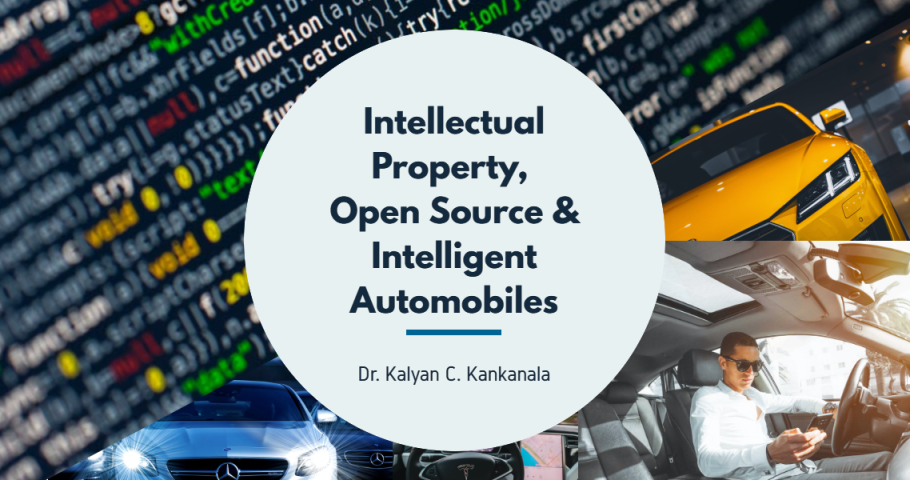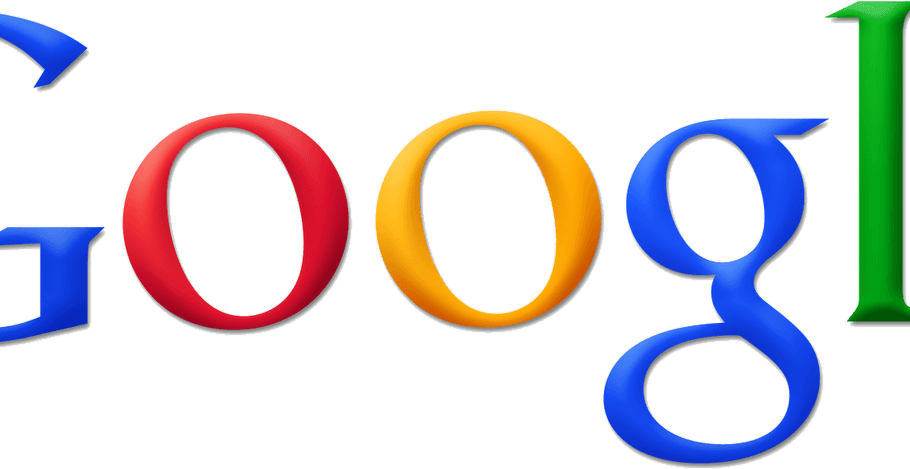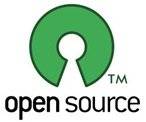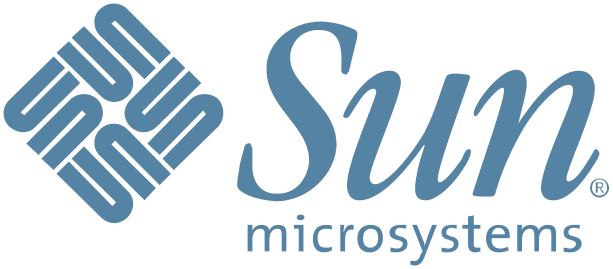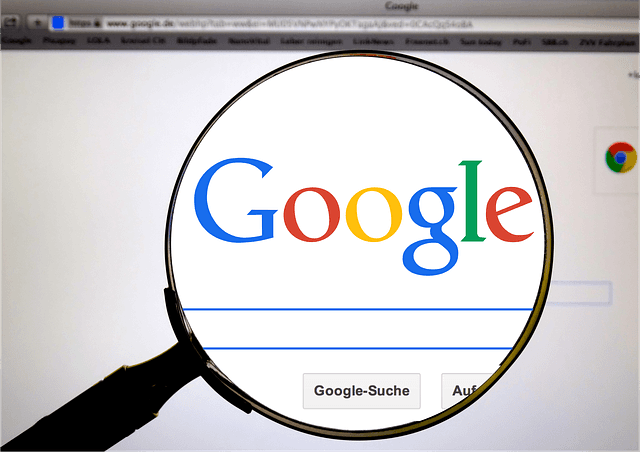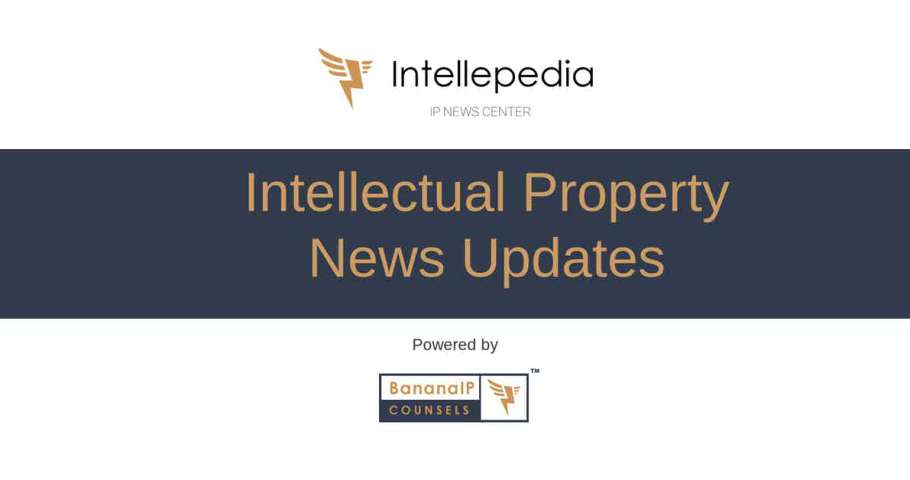iscover how open source software and intellectual property intersect in the realm of intelligent automobiles. This post delves into the IP risks and challenges faced by the automotive industry in adopting AI-driven open source projects. Continue Reading Intellectual Property, Open Source and Intelligent Automobiles
